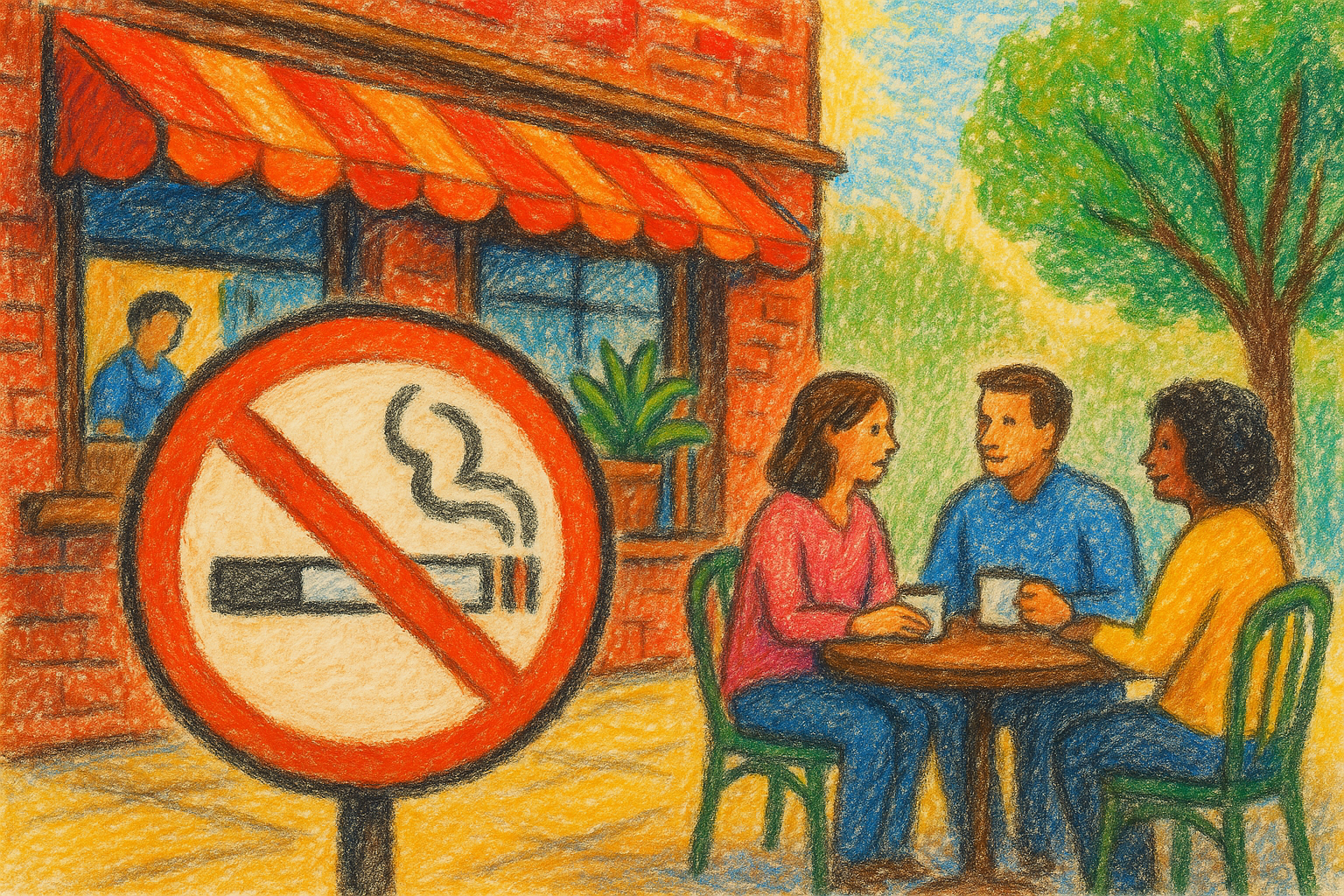Lessons from NYC: How Smoke-Free Laws Boost Cafés and Health

New York City’s Smoke-Free Air Act, implemented in 2003, sparked debates about its impact on businesses. Critics feared closures and job losses, but one year later, the results were clear: smoke-free policies improved the economy and public health. Tax receipts for bars and restaurants rose by 8.7%, employment grew by 10,600 jobs, and 97% of establishments complied. New Yorkers overwhelmingly supported the law, and workers saw an 85% drop in secondhand smoke exposure.
The economic benefits are undeniable. With cleaner air, more patrons visited restaurants and bars, leading to increased revenue and new liquor licenses. Tourists and locals alike embraced smoke-free spaces, proving that health-focused policies can drive growth.
Health improvements were equally striking. Air pollution in bars dropped sixfold, and cotinine levels (a marker of tobacco exposure) in workers plummeted. This meant safer workplaces and fewer health risks for thousands.
Public support solidified the law’s success. Surveys showed 69% of New Yorkers backed the policy, with many dining out more often. The myth that smoke-free laws harm businesses was debunked—clean air and thriving venues go hand in hand.
Novi Sad could learn from NYC’s example. Embracing smoke-free cafés protects workers, attracts health-conscious customers, and fosters vibrant, sustainable businesses. Let’s champion cleaner air and thriving hospitality!
Source: New York City Department of Health & Mental Hygiene, 2004